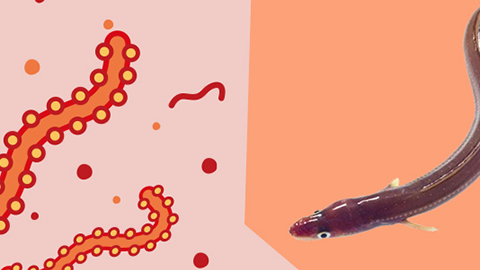Liver寄生虫肿能用MedicineTreatment吗
Liver enlargement caused by parasites is usually due to diseases such as clonorchiasis or echinococcosis. Whether drug treatment is applicable depends on the specific condition. Detailed analysis is as follows:

If liver enlargement is caused by a clearly identified parasite—for example, in mild clonorchiasis without severe complications such as significant intrahepatic bile duct narrowing or liver cirrhosis—standardized drug therapy can effectively suppress parasite reproduction, gradually eliminate the parasites, and alleviate liver enlargement. During treatment, regular monitoring of liver function and parasitic infection markers is necessary.
If liver enlargement is due to echinococcosis (hydatid disease), and the cysts are large, pose a risk of rupture, or have already caused severe liver damage or compression of surrounding organs, drug therapy alone is unlikely to achieve satisfactory results. In such cases, other treatments are required to control the condition, while medications are typically used as an adjunct—for preoperative preparation or postoperative prevention of recurrence.
In daily life, attention should be paid to food hygiene; avoid consuming raw or undercooked freshwater fish, shellfish, or meat to prevent re-infection. Regular liver-related check-ups are recommended for early detection and timely intervention. Patients should strictly follow medical instructions throughout the treatment course, avoiding self-adjusting dosages or stopping medication prematurely, which could compromise treatment efficacy or lead to adverse reactions.




